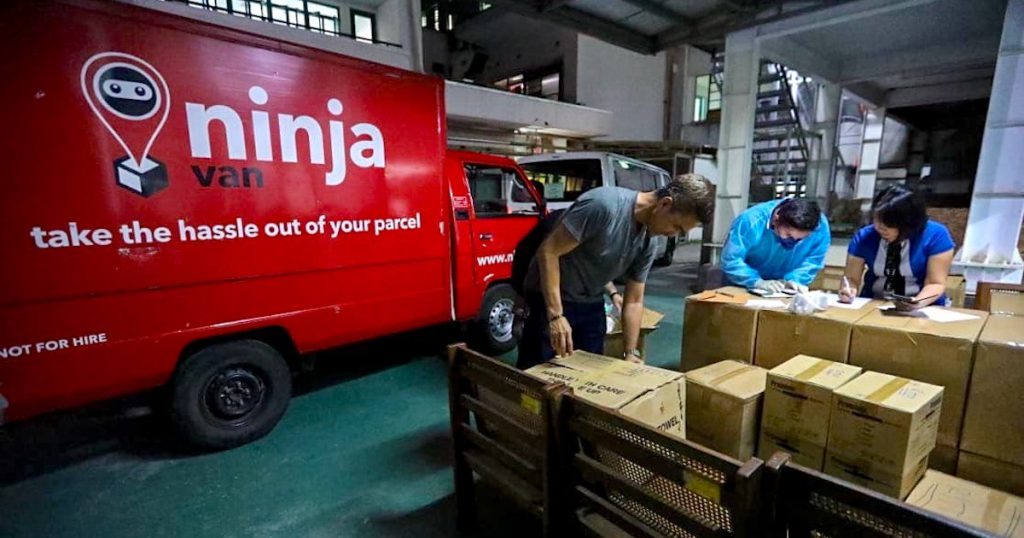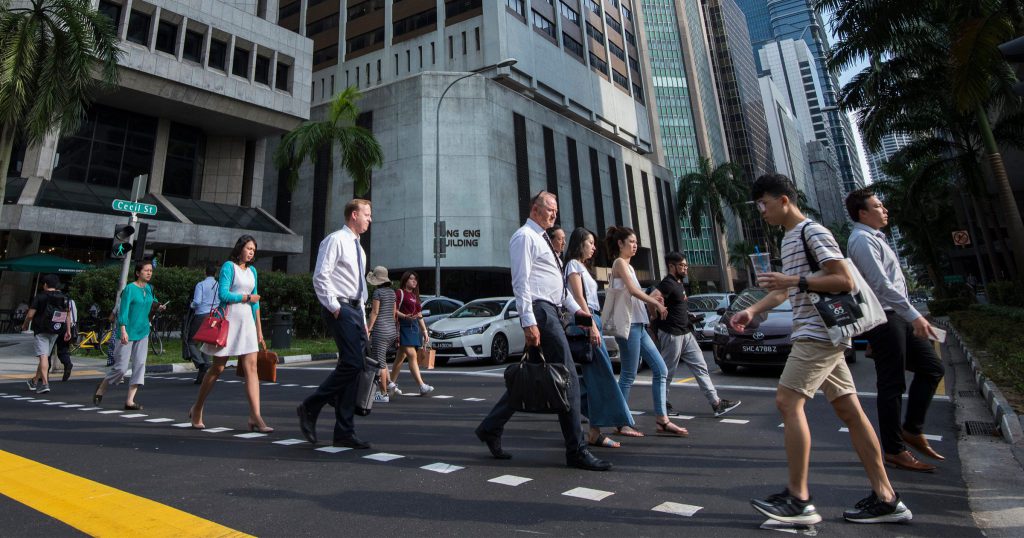The COVID-19 outbreak has affected many businesses, changing the way consumers shop.
As the demand for e-commerce skyrockets, express delivery businesses become increasingly instrumental as the channels between customers and business retailers. However, are these courier services necessarily driving in massive profits, and is it all smooth sailing for them during this COVID-19 crisis?
Lai Chang Wen, co-founder and CEO of Ninja Van, shares in detail about some curveballs his team is facing in light of the pandemic and how they are planning to ride out these bumps in the road ahead.
New Measures: Increased Costs, Lower Efficiency
While it is true that parcel volumes have been going up as more people stay in and shop online, the uptick in demand for their services is not without a hitch.
Being an international delivery business, Chang Wen explains how cross border parcel volumes took a hit as a result of the restrictions China had put in place.
Cuts in passenger flights meant that if the business wanted to ship cargo in through the skies, they only had freighter planes to rely on, which comes at a soaring premium.
“We’ve had to think about alternative ways to move air cargo, which we used to be able to transport through passenger planes,” he said.

Additionally, costs have also increased as they adapt their operations and strategies to the new circumstances and restrictions enacted. Some of these include network checkpoints and blockages in certain overseas markets that are disruptive to the transportation process.
These costs also come in the form of stricter checks that Ninja Van has put in place to provide a safer working environment for their drivers, such as segregating shifts and ensuring that employees are in good health before they start.
However, these measures have taken a toll on the overall efficiency of the business.
Chang Wen cited an instance when delivery drivers report for their shifts, or when they scan and load parcels into the vans: “Since we’ve put in place measures [such as] staggering the drivers’ reporting times in waves and daily temperature checks, the whole process has been stretched out by three times. What would typically take only two hours now spans six hours.”

This is also contributed by the new normal of employees having to don masks while delivering and sorting, which cumulatively can prove physically taxing, especially with the increase in capacity for larger parcels. More frequent short breaks must now be taken into account.
According to Chang Wen, the composition of parcel volumes have changed from the typically smaller-sized packages under fashion and accessory categories to bulkier goods.
He added that this is due to an increase in orders for items such as exercise and hobby equipment, like gardening tools.
Large parcels take up significantly more manpower and space so our teams have had to adjust the way they work and how our warehouse is organised.
– Lai Chang Wen, CEO of Ninja Van
On Staying Adaptable And Driven
Ninja Van’s express courier business has presence across six Southeast Asian markets – Singapore, Malaysia, Philippines, Indonesia, Thailand and Vietnam. The extent of the COVID-19 impact on each market varies, and is dependent on the respective governmental response to the situation.

For example, the Philippines markets are subjected to stricter restrictions, with only transportation of essential goods permitted. Under those circumstances, the Ninja Van team decided to adapt to the regulations and offered their service to deliver personal protective equipment to medical facilities.
Likewise, their focus has been on getting essential equipment to medical staff and hospitals in Indonesia.

In other markets, aside from economical ventures, Ninja Van has been looking at providing vulnerable communities with the items they need to tide out the crisis. In Thailand, the company has pivoted to delivering “survival kits” packed with staple food items and money to Thais who have lost their jobs.
With many people staying at home, our delivery service has turned from a convenience to an essential service, giving communities across the region access to the items they need.
But similar to how we approach our commercial business, we are mindful that with corporate social responsibility (CSR), we cannot take a one-size-fits all approach. It is dependent on the requirements, preferences and partnership opportunities within each market.
– Lai Chang Wen, CEO of Ninja Van
On what else they are doing on the home front, Chang Wen said that Ninja Van, as an algorithms and data driven logistics company, it will continue to refine its in-house technology to accommodate increases in volumes without overinvesting in infrastructure or manpower.
He added that the company is also looking at hiring from various pools of available manpower, including those who have been retrenched.
Final Parcels Of Wisdom

When asked whether he thinks this shift towards an increase in e-commerce and delivery services will be here to stay even beyond the pandemic, Chang Wen posited the possibility of a long-term behavioural change towards e-commerce in Southeast Asia.
The co-founder placed an emphasis in continuing to finetune their operations through technology in order to always stay one step ahead. Some of the irons in Ninja Van’s fire include helping current offline-only retailers to increase their online presence, and virtually connecting sales personnel with their customers.
“Every challenge presents an opportunity, and with social distancing looking like it will become a social norm in our lives for a prolonged period of time, we’re looking at how we can support businesses and enable them to thrive under these conditions.”
Featured Image Credit: Ninja Van











